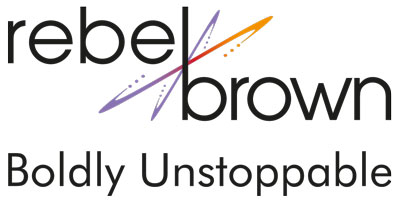Innovation is today’s buzzword. Almost everyone is looking for ways to innovate in their business, their products and services and their delivery. After all- innovation fuels distinction, and distinction fuels market advantage. When you’ve cut as much as you can from the cost side of the equation – the only other option is to innovate. And that’s what we all want to do.
Here’s the challenge with innovation – even for the best and brightest of us all.
Until you shift into a new perspective – you’ll end up innovating in place.
Why? Because even as we think about innovation – that thinking is bounded by our past beliefs – unless we shift. That’s especially true when we’re experts in a specific arena. We make assumptions about the points of innovation – where we should innovate, what is innovative, even what keywords we should search on to find innovation ideas – based on our expertise, and our past.
We innovate in place around our Gravity. That very expertise that helped us grow now becomes the Gravity that keeps us circling.
Innovation – true innovation – comes from breakout thinking and approaches. For example:
The touchpad interface of the iPhone and iPad: Apple didn’t ask “How can I make a better keyboard for my phone?” Sure – they had experts in that. They asked a different question “How do I change the way we interact with our devices?”
The hybrid car: These didn’t come along because some expert said “Let’s build a more efficient gas engine.” Someone asked “What other fuel can I use for power??”
Unless we throw out our knowns, step out of the boxes we’ve drawn around ourselves and our businesses, reach out for radical new insights – we won’t innovate. We’ll circle again and again, adding incremental value, playing the game of leapfrog with those around us. And that’s OK too. It’s just difficult to keep up with the market when we’re making small jumps.
So how do we stop innovating in place? Here are some things I recommend:
Go watch and talk to people in industries that have nothing to do with what you do. Forget looking at everyone who knows what you know – find someone who’s innovating in a whole different market, product, service or customer base. One of the best ideas I ever had for my business came when I was helping a client in the networked marketing nutrition business. I’m not going to share that one – because I’m not quite ready to launch it. But ask yourself -what does consulting and coaching have to do with nutritional marketing? Pretty diverse – and that’s exactly why I got the idea.
Write down the specific aspects about your business you’d like to innovate. Now – go see what totally different industries are doing around those specific aspects. For example – if you’re in the cellular phone business and you’re focused on better customer service approaches at your retail level – go to your favorite restaurant -the one where the service rocks – and watch them in action. Look for the concepts behind the actions – and then apply those concepts to your business.
Recognize what you don’t know. Your expertise may not be transferable. Expertise in one area does not mean you can innovate in another area. For example, let’s say you’ve always sold services and now you’re adding some products to the mix. Go find product experts to help you innovate. Forget thinking you can figure it out because you’re an expert in services and your market. Your expertise doesn’t apply. So find someone who can ask you the right questions to help you innovate in a new unknown way.
Watch your Customers. Someone told me this week that customers don’t know the innovation they want. Maybe that’s true. But they will give you the shift in perspective you need to apply your knowledge and skills to find the innovation. If you’re thinking from your customer’s viewpoint – you’re already closer to innovation than you are standing in your own status quo. Get out there and get into their shoes and perspectives.
Innovation only happens when we shift out of our knowns and into a new place – of thinking, seeing and believing.
That’s a really hard thing for experts to do – after all, that’s why you’re an expert. Yet that’s exactly what leading innovators do. They throw their expertise to the wind and look at the world through fresh eyes.
Im reminded of Suzuki’s fabulous book – The Beginner’s Mind. The book was written to apply to meditation – but it’s the perfect analogy for fueling innovation.
Are you prepared to don a Beginner’s Mind to fuel your innovation?





